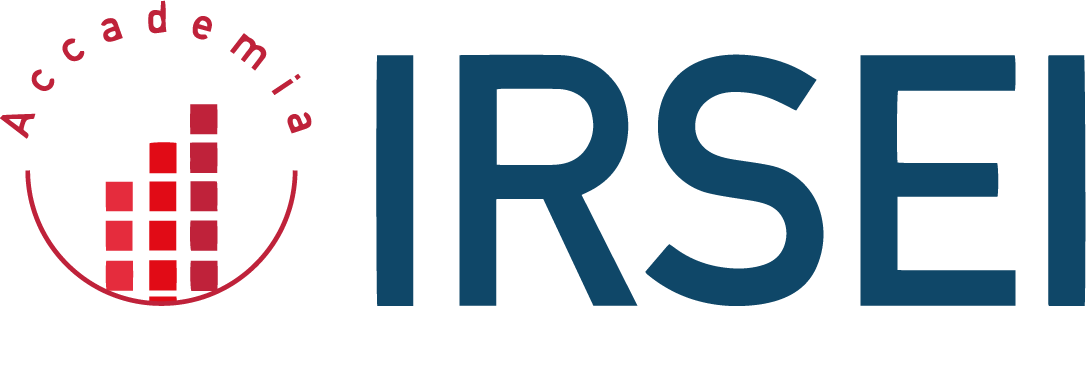GAP – Games for Participatory Tourism
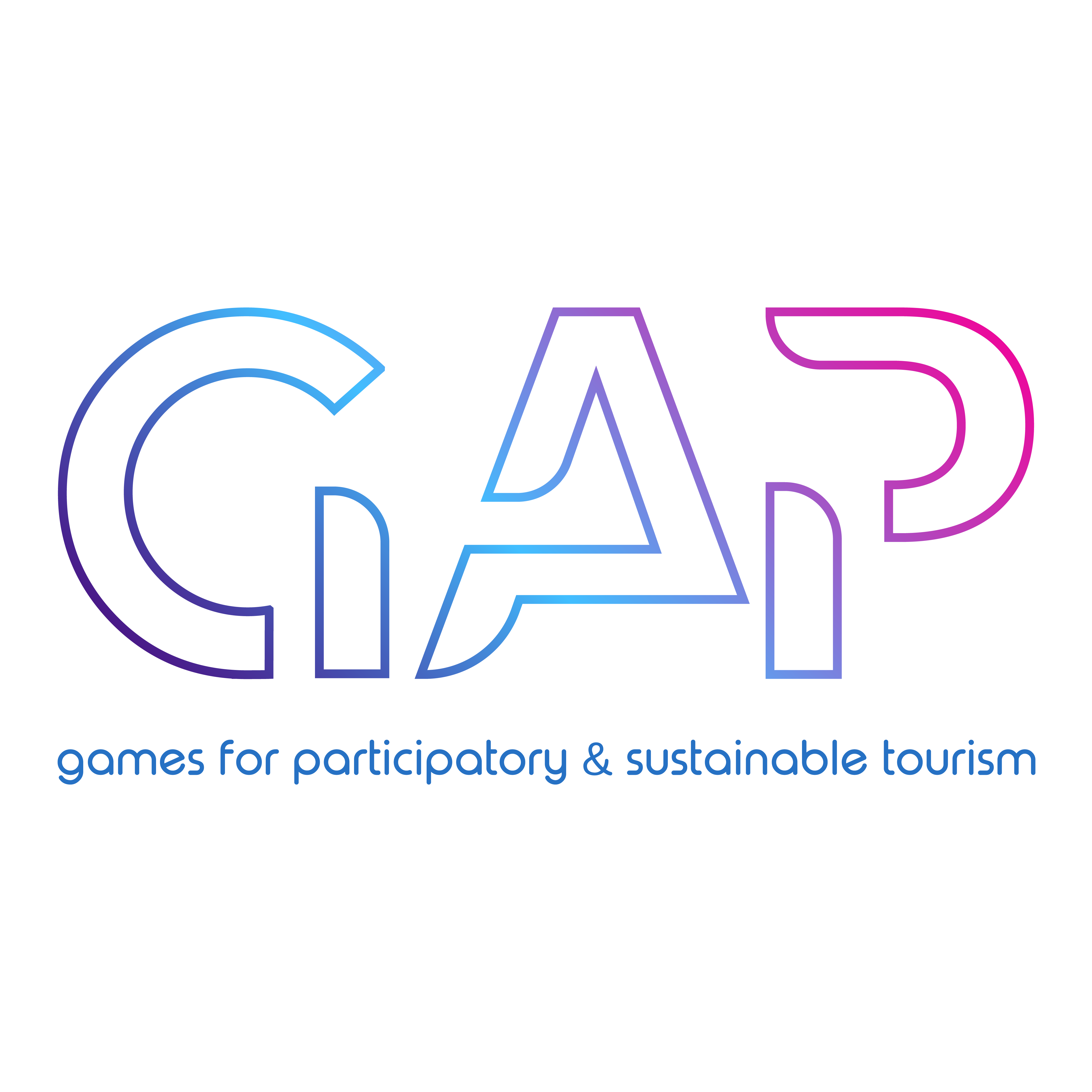
PROJECT NUMBER: 2021-1-DE02-KA220-VET-000027985
TIMESPAN OF THE PROJECT: 01-02-2022– 01-02-2025
FINANCING PROGRAM: Erasmus+

Objectives
- Fostering innovation and sustainability in tourism
- Promoting tourism as a tool for individual and community development
- Fostering participatory tourism and bottom-up promotion of territories
- Adapting vocational education and training of tourism professionals to labour market needs
- Contributing to innovation in vocational education and training for tourism professionals
- Increasing tourism professionals’ knowledge in the field of sustainable tourism planning and tourism gamification
- Increasing the ability of tourism professionals of implementing participatory processes in tourism development
- Raising stakeholders’ awareness concerning tourism sustainability
- Increasing coordination and stakeholders’ involvement in tourism planning and development
- Fostering civic engagement, sense of belonging and participation of residents to tourism development
Activities
The consortium will develop an online course for stakeholders in the field of participatory tourism, heritage and Gamification, a urban game that consist of a mobile app where the users will be able to check augmented touristic info and a replicability guide to foster the implementation of participatory approaches and gamification in tourism development processes.
Results
PR1 – Research on participatory tourism and gamification including:
- A working paper on Tourism sustainability
- A working paper on gamification in Tourism
PR2 – Fill the GAP including:
- An online learning platform
- An online course on participatory tourism, heritage and gamification
PR3 Participation in practice
- A technical guide on the urban game functioning for stakeholders
- 5 urban games
- A report on “How to use gamification and participatory approaches to foster sustainable tourism development”.
Partners
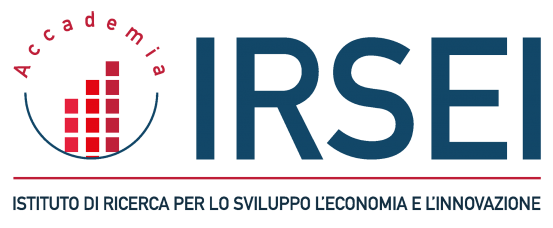
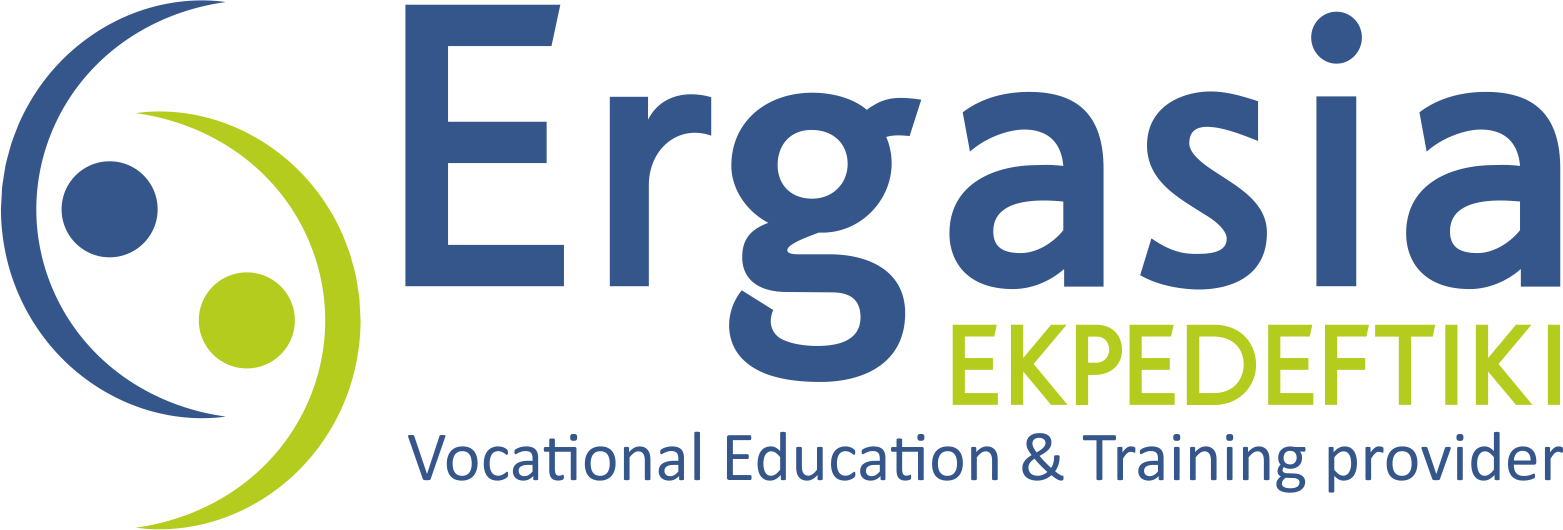
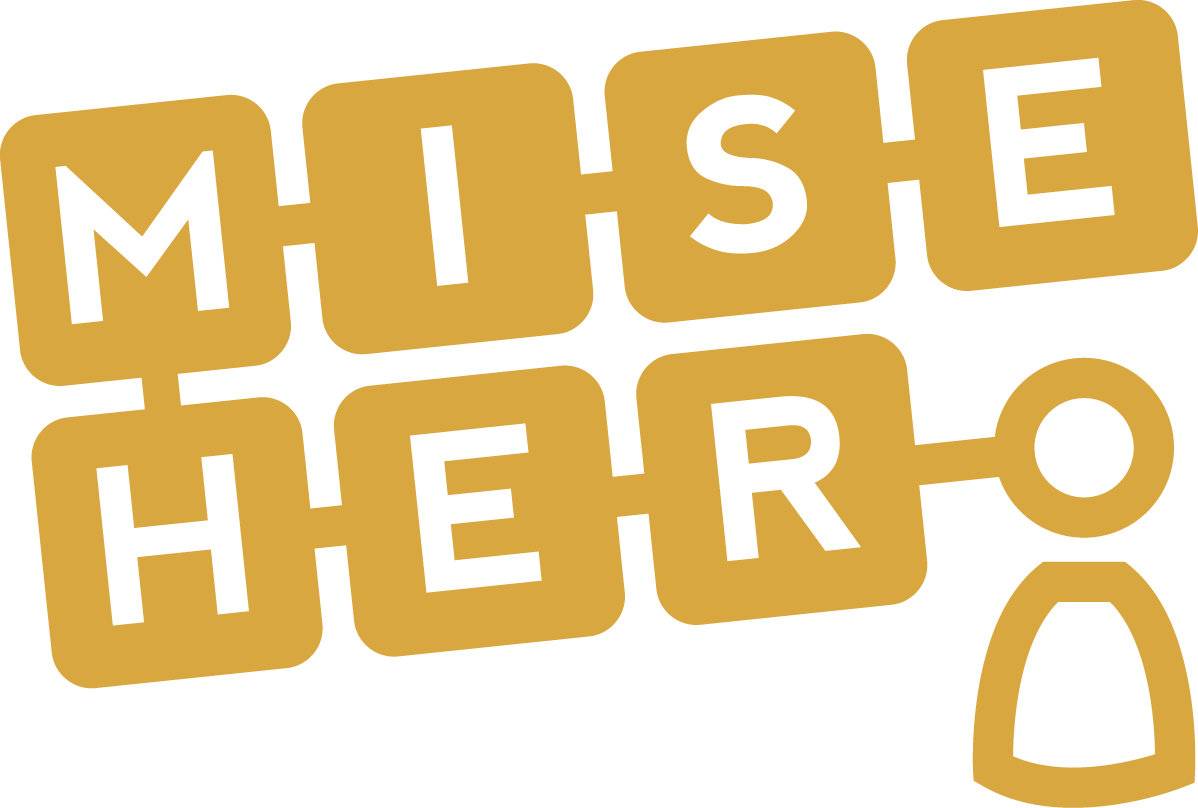

Funded by the European Union. Views and opinions expressed are however those of the author(s) only and do not necessarily reflect those of the European Union or the European Education and Culture Executive Agency (EACEA). Neither the European Union nor EACEA can be held responsible for them.
